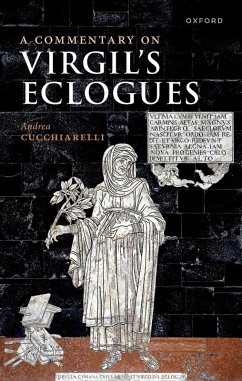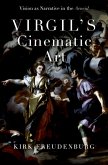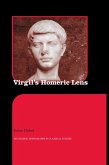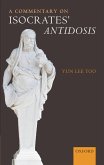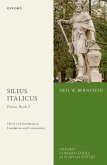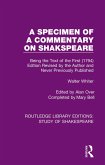Virgil's Eclogues are a fundamental text of Western literature that served as a model for the nascent poetry of the Augustan and later of the Imperial Age. Inspired by the bucolic poetry of Theocritus, the work uses the apparent simplicity of rural settings to explore complex elements of poetic, literary, philosophical, and even figurative culture, and to express the drama of civil war and expropriations. In this commentary, accompanied by a detailed introduction, Andrea Cucchiarelli analyses the Eclogues in depth, establishing comparisons with both Greek and Roman poetic models, with philosophical texts, and with significant later texts from the Roman poetic tradition. The commentary is the first to offer a systematic account of the poem in its historical context, between the end of the Republic and the Age of Augustus: particular attention is also paid to the language of the figurative arts, which for Roman readers constituted an important complement to literary knowledge of myths and stories. The volume offers the reader a reliable and concise interpretation of the text, which is systematically lemmatized and annotated throughout; each eclogue is additionally accompanied by an introductory overview and a detailed bibliography to direct further reading.
Dieser Download kann aus rechtlichen Gründen nur mit Rechnungsadresse in A, B, BG, CY, CZ, D, DK, EW, E, FIN, F, GR, HR, H, IRL, I, LT, L, LR, M, NL, PL, P, R, S, SLO, SK ausgeliefert werden.

